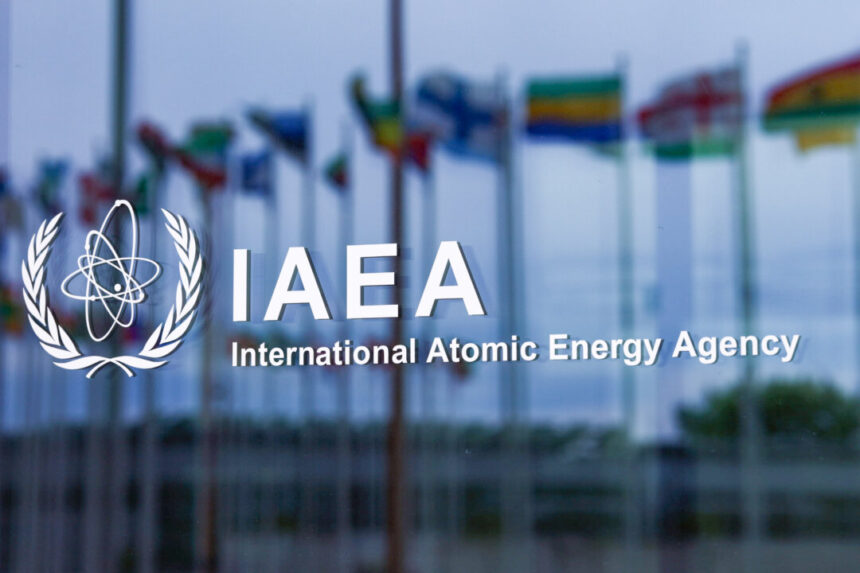Commentary
A critical understanding of the tradeoffs involved in ambitious net-zero goals is essential. To achieve a fair energy transition, it cannot rely solely on top-down mandates that hinder the sovereignty of developing nations and restrict energy options for consumers. Instead, it requires innovative solutions tailored to specific regional needs and priorities, with the ultimate aim of improving living standards globally.
Presently, society faces two significant challenges in striving to meet the net-zero targets outlined in the Paris Agreement. There is a pressing global need to reduce emissions, alongside the reality that many people worldwide still lack access to reliable electricity and clean cooking fuels. To address both issues simultaneously, world leaders have committed to an energy “transition” that prioritizes emission reductions while expanding energy production. On the surface, this is a commendable goal.
However, these agendas often disconnect from reality. The International Energy Agency (IEA) has been advocating for a shift away from fossil fuels, but their approach lacks practicality. Their reports assume that developing nations will adopt new technologies and voluntarily reduce energy consumption without providing a clear roadmap for this transition. This approach, though well-intentioned, can harm those without access to affordable energy.
The consequences of these policies are already evident, disproportionately affecting energy-vulnerable regions. Financial institutions are withdrawing funding from oil and gas projects in developing nations, impacting their ability to access affordable energy for economic growth. This unequal distribution of resources is a direct result of international pressure to prioritize climate goals over energy access.
The pursuit of climate goals should not come at the expense of addressing energy needs or hindering the growth of emerging economies. Decisions about energy futures should be made by developing nations considering the costs and benefits, rather than imposed by international institutions. It is vital to recognize that multiple goals, such as reducing emissions and providing clean energy access, can and should coexist.
Both the IEA’s aim to reduce global emissions and TotalEnergies’ efforts to provide cleaner cooking fuels are commendable. These goals should complement each other, not compete. It is crucial to empower developing nations to make informed decisions about their energy future based on their unique circumstances and needs.
Views expressed in this article are opinions of the author and do not necessarily reflect the views of The Epoch Times.
Please rewrite this sentence.
Source link







